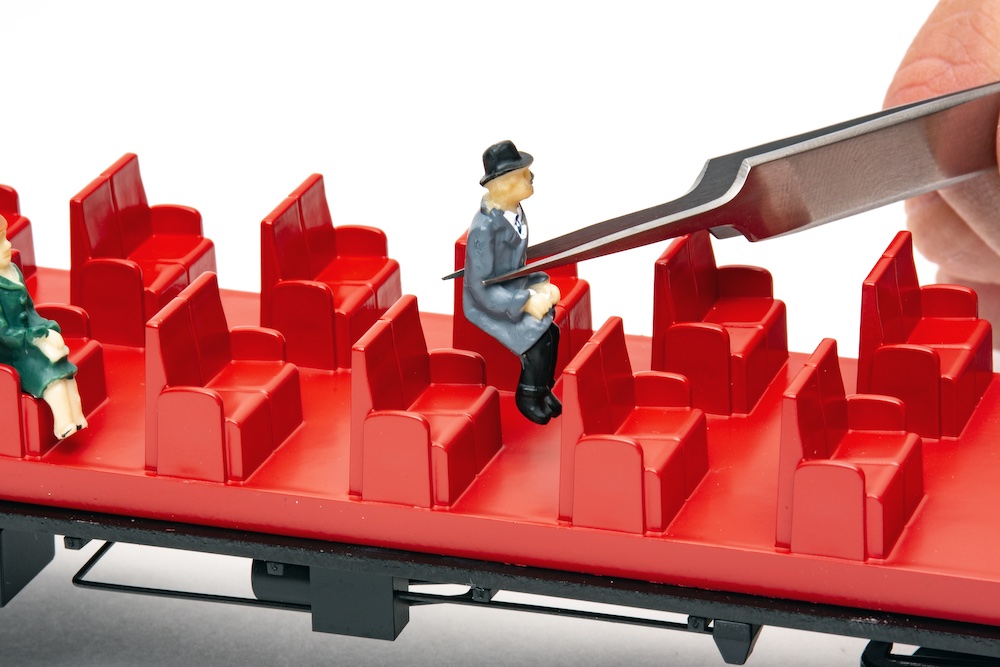
Lionel Trains’ 21″ passenger cars have been a staple in the manufacturer’s lineup of O-scale, 3-rail products for some time. A common censure though has been the lack of previously installed passengers upon purchase, leaving empty seats that need to be filled. From disassembly to reassembly, this project is easier to accomplish than I initially […]
Read More…
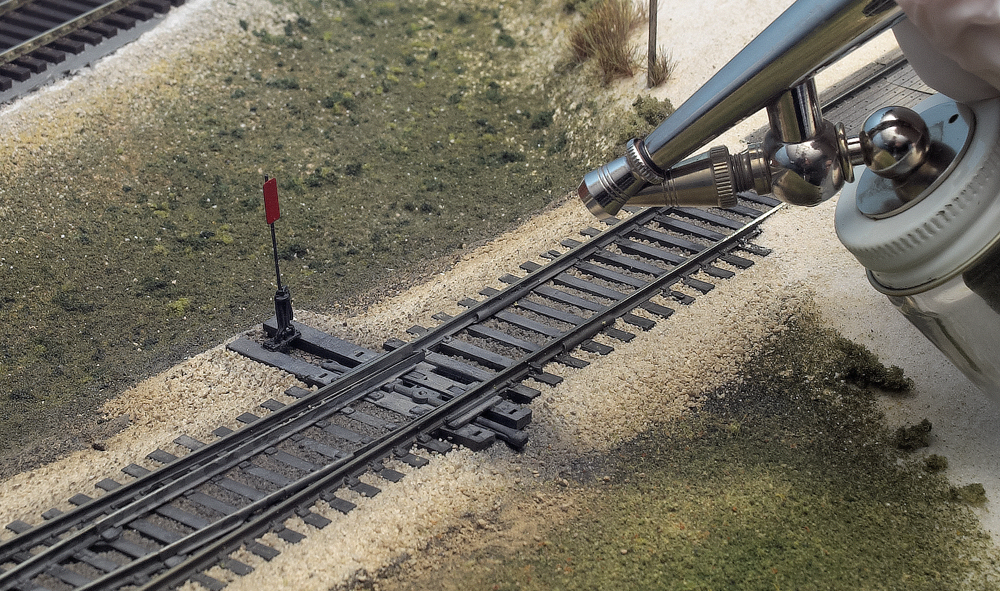
Regardless the size, model railroads require regular maintenance. Cleaning track, dusting scenery and structures, and maintaining equipment are just some of the things that require attention. Not keeping up on these tasks will lead to a layout that runs poorly, looks tired, and potentially cause you (and/or members of your operating crew) to lose interest. […]
Read More…
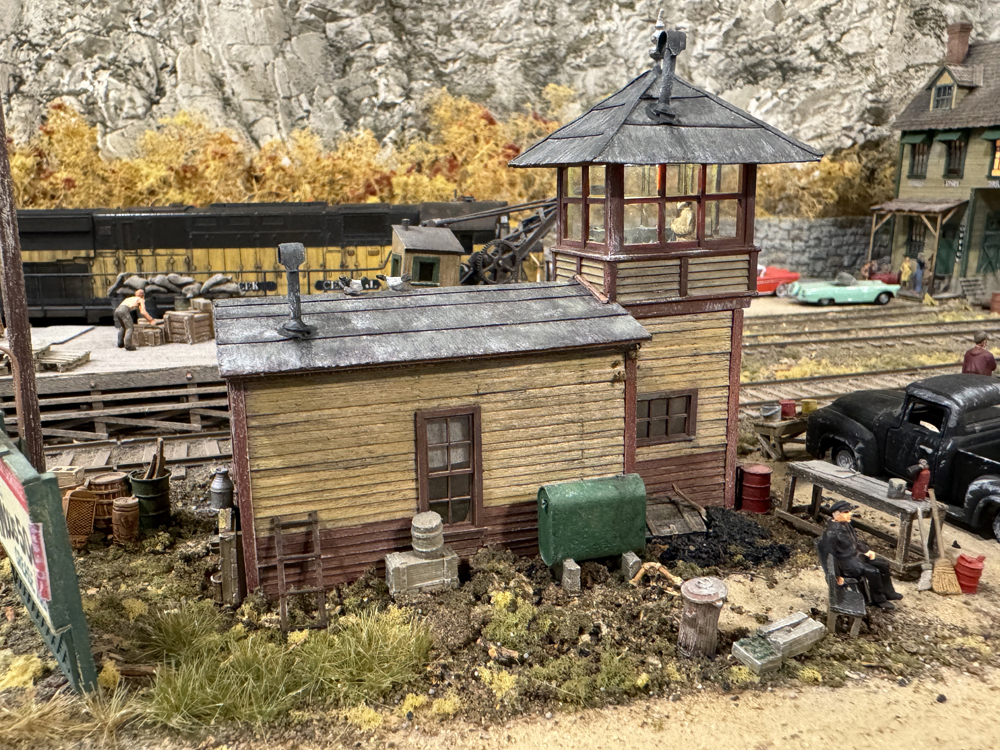
While sifting through my “someday” project box, I found an old Atlas elevated gate tower. I’ve had this little plastic structure since my earliest days in the hobby, but it’s been a number of years since I’ve used it on a layout. Despite its rough shape, I pulled it out of the box thinking it […]
Read More…
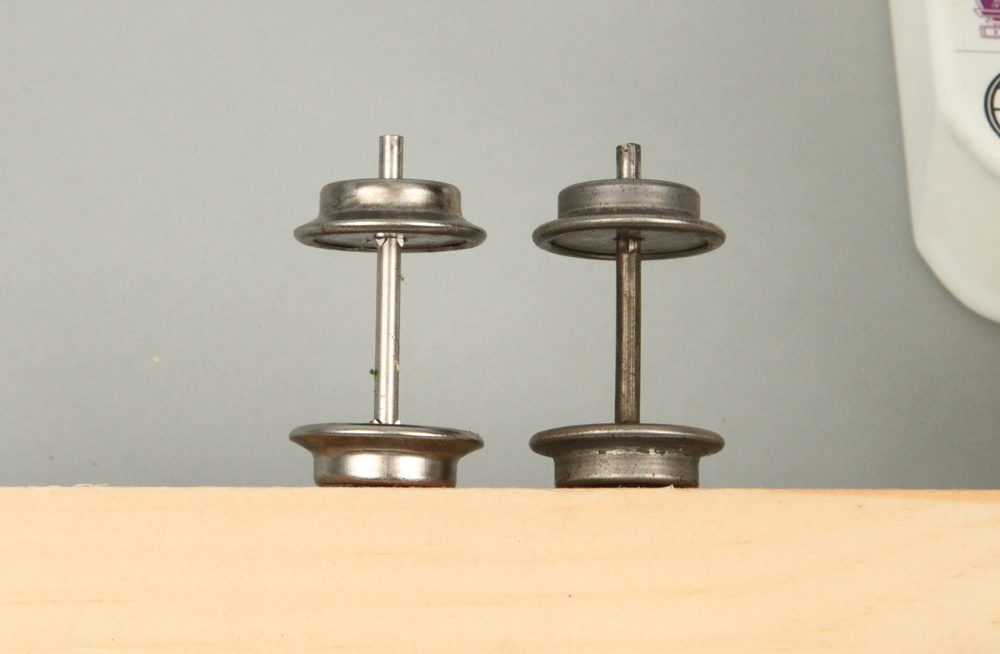
I bought a set of Williams tinplate cars that duplicated scarce Lionel products from the 1930s in an online auction (photo above). I planned to run them on my period layout and was pleased to find the cars to be in like-new condition when they arrived. However, when I placed them behind my Lionel No. […]
Read More…
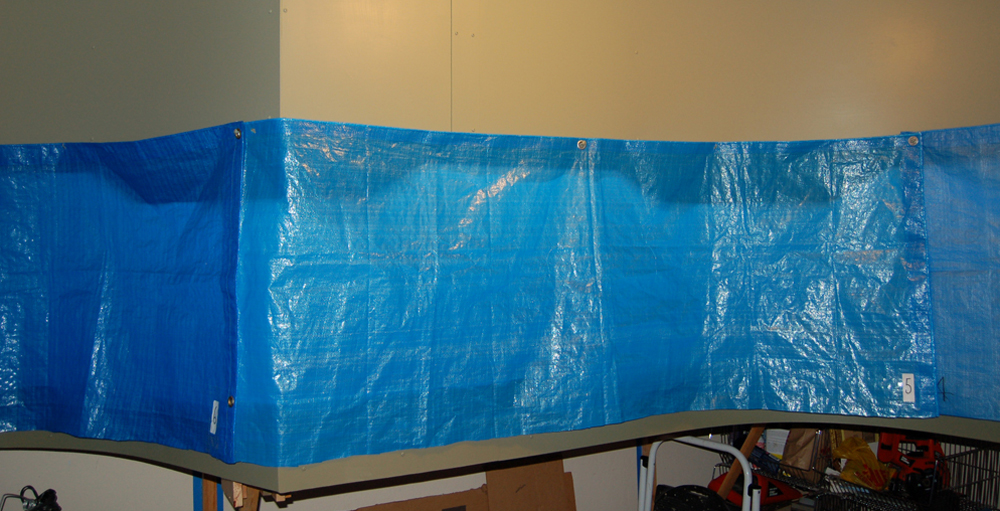
Cold weather and limited train events keeping you indoors running trains? Well, we can relate. If you choose to give your favorite pastime a break for the summer to enjoy the weather with friends and family, then we suggest doing the following to ensure a smooth transition back into the hobby come those chilly, fall […]
Read More…
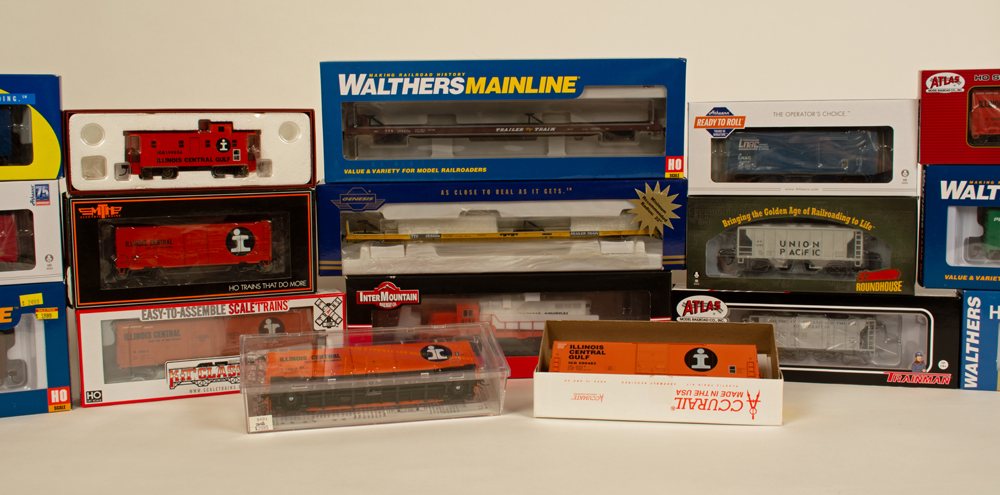
At some point in your life, you will most likely move. For some it may be to a new residence across town. For others it might be several states away, or perhaps another country. In addition to moving furniture, clothes, and other household items, you’ll need to prepare your trains for transport. In this article, […]
Read More…
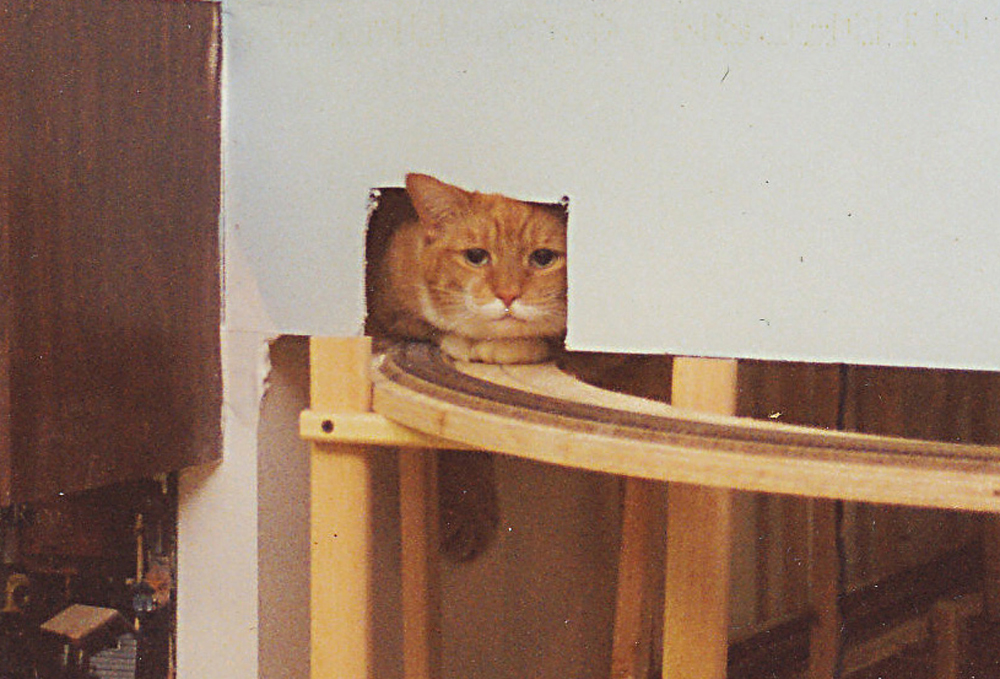
Living with a model railroad and a dog or cat isn’t always easy. The animals don’t know the difference between your toys and theirs, and can wreak havoc on scenery, models, or your workbench. Animals love to chew on natural materials and unfortunately, many scenery products are made of those. But peaceful coexistence is possible […]
Read More…
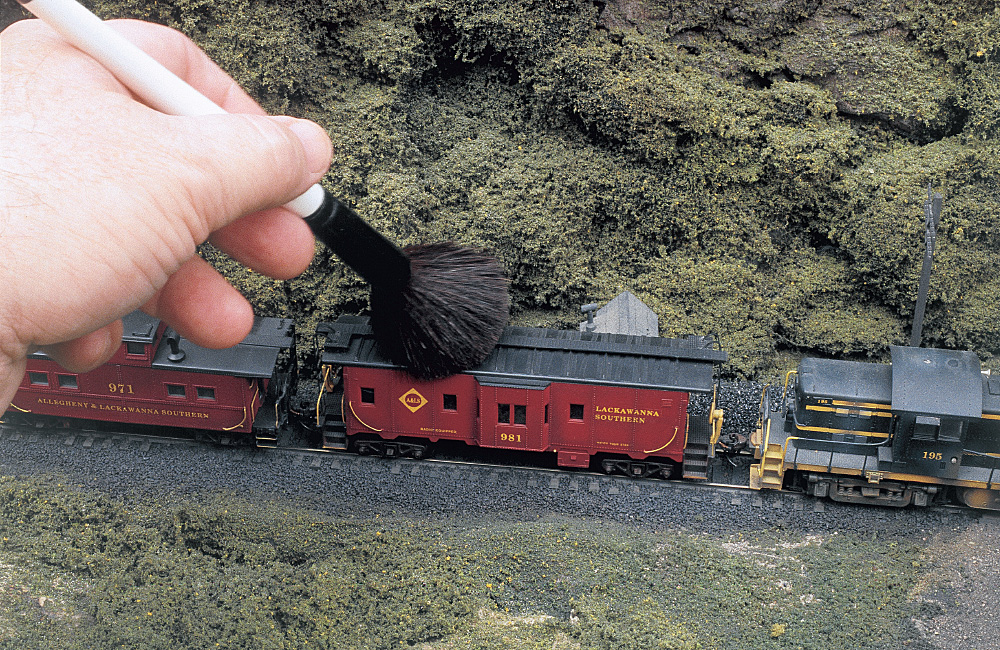
If you’re looking forward to hosting an operating session, open house, layout photo session, or just a visit from friends and relatives, you want your layout to make the best possible impression. But there’s more to cleaning a model railroad than just polishing the track and wheels, as important as those things are. Dust is […]
Read More…
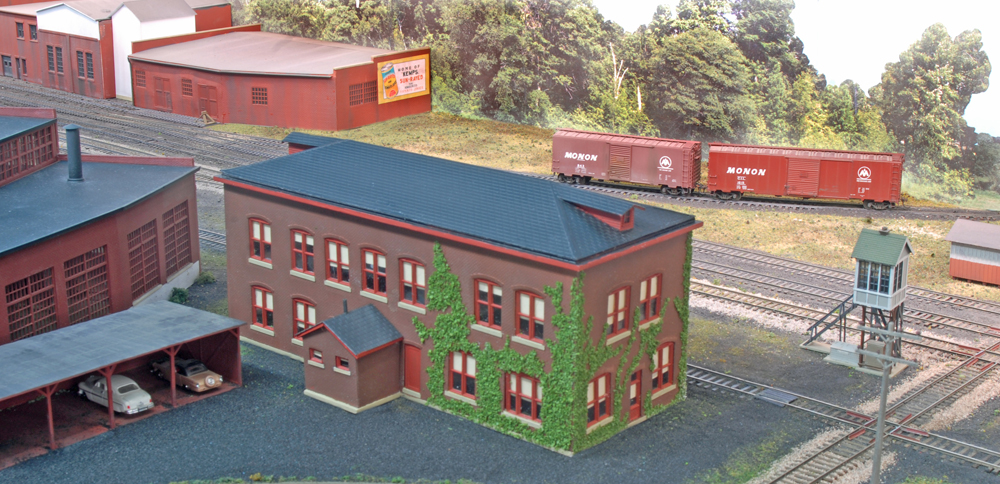
Through our Trains.com website and the pages of Model Railroader magazine, you get a pretty good idea of what some of the hobby’s well-known names are working on. But not everything they do becomes an article for the website or magazine. In “What are you working on?” I surveyed some of our regular contributors to […]
Read More…
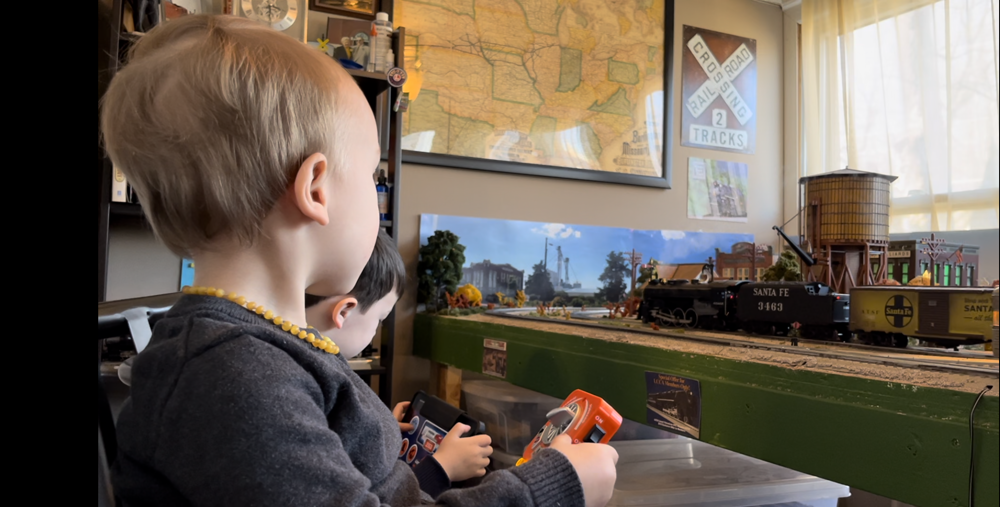
I’ve had a lifelong fascination with trains, stemming from my father’s near 40-year career on the Santa Fe (and later BNSF) railroad. Some of my fondest childhood memories included trips to the train depot in Fort Madison, Iowa where I would see freight trains come and go. When I was 8 years old, I’ll never […]
Read More…
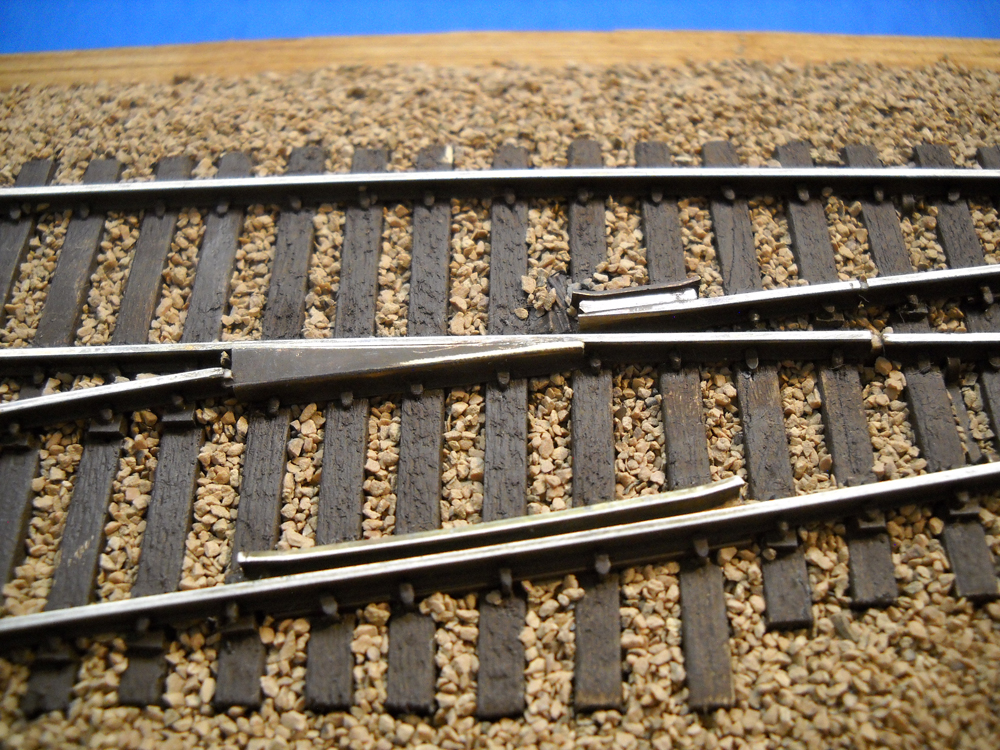
When I first got into model railroading, I tried handlaying my own track and quickly discovered that it wasn’t that hard. One benefit is that buying rail, spikes, and ties in bulk is considerably cheaper than purchasing ready-made track. Handlaying also lets me to duplicate unusual track arrangements found on full-size railroads. In addition, it […]
Read More…
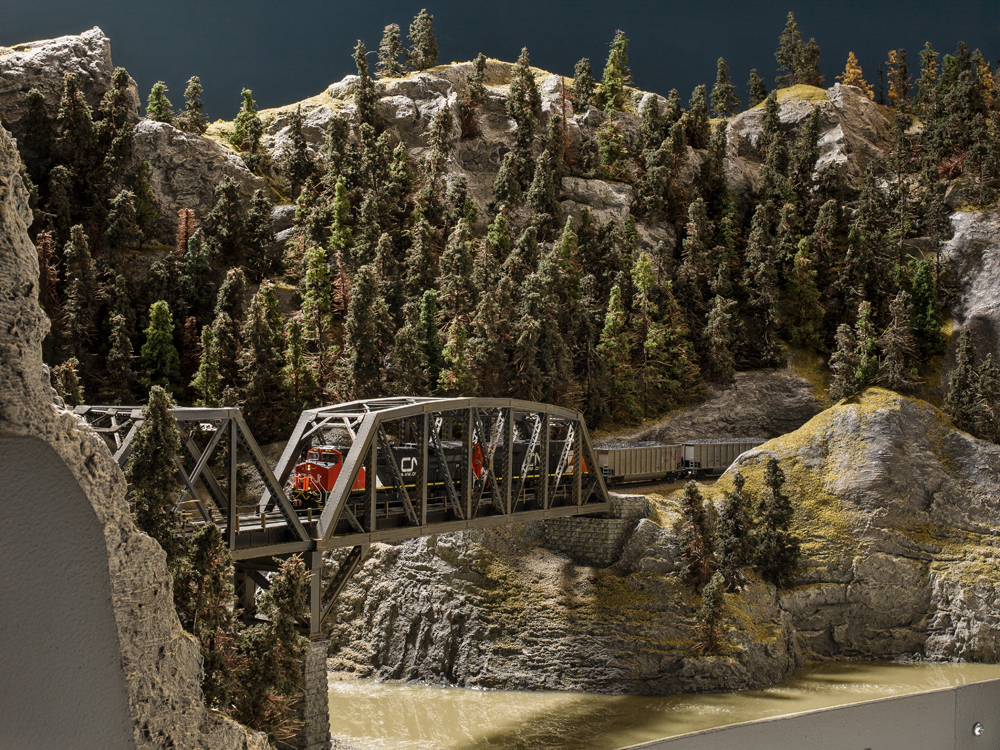
Mountains have long been a popular scenic feature on model railroads. Sometimes they’re incorporated to accurately re-create a prototype location. Other times they’re used to help conceal a tunnel, helix, or turnback curve. Regardless their purpose, there is no denying mountains are dramatic and add visual interest to a model railroad. All of the methods […]
Read More…












